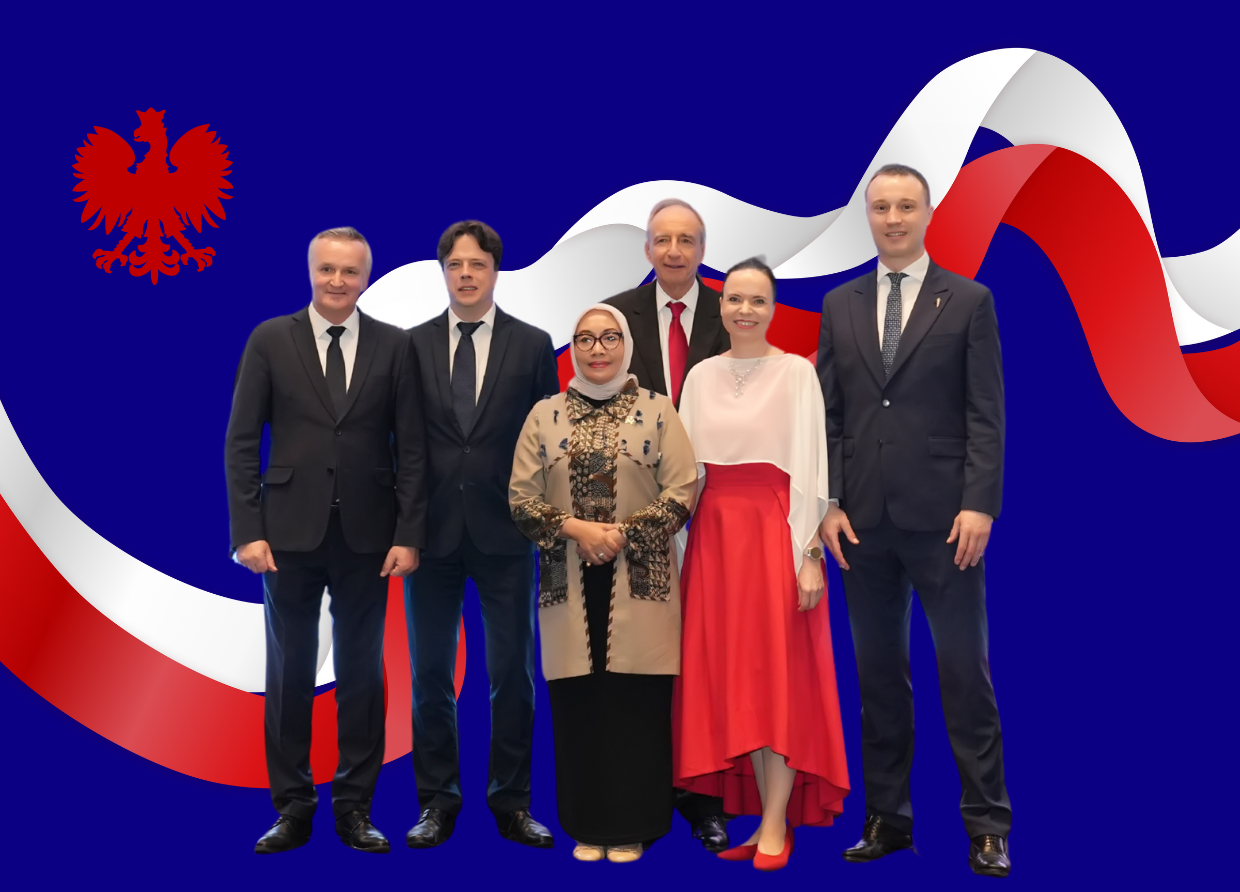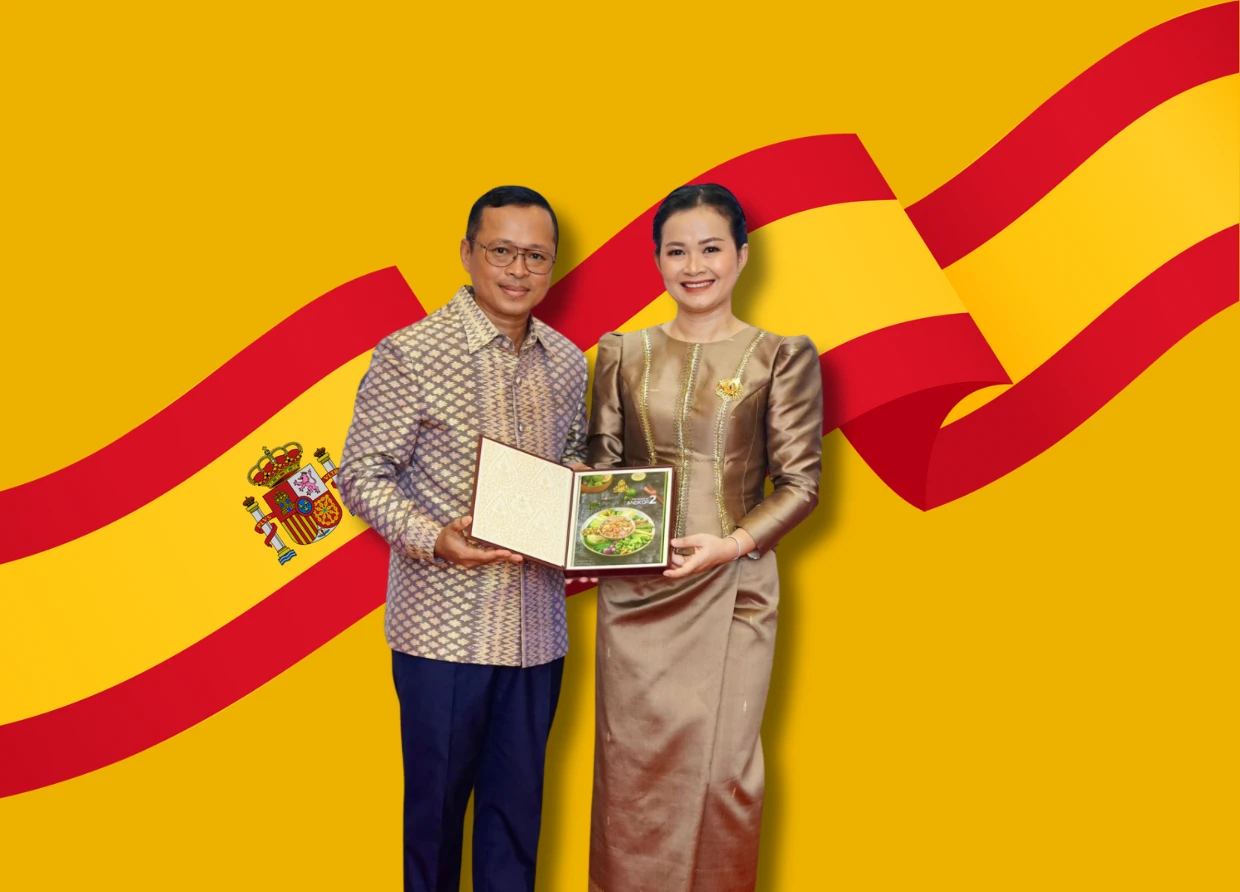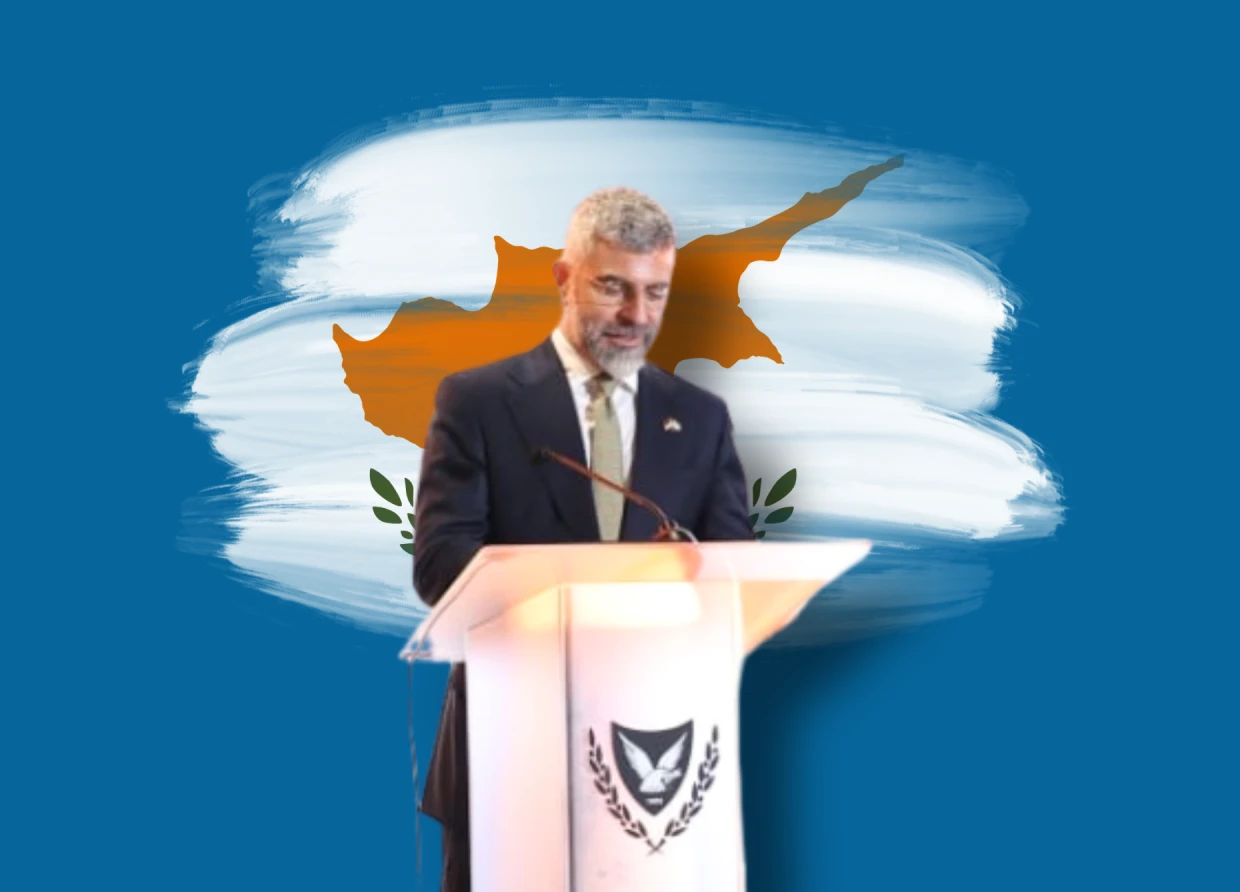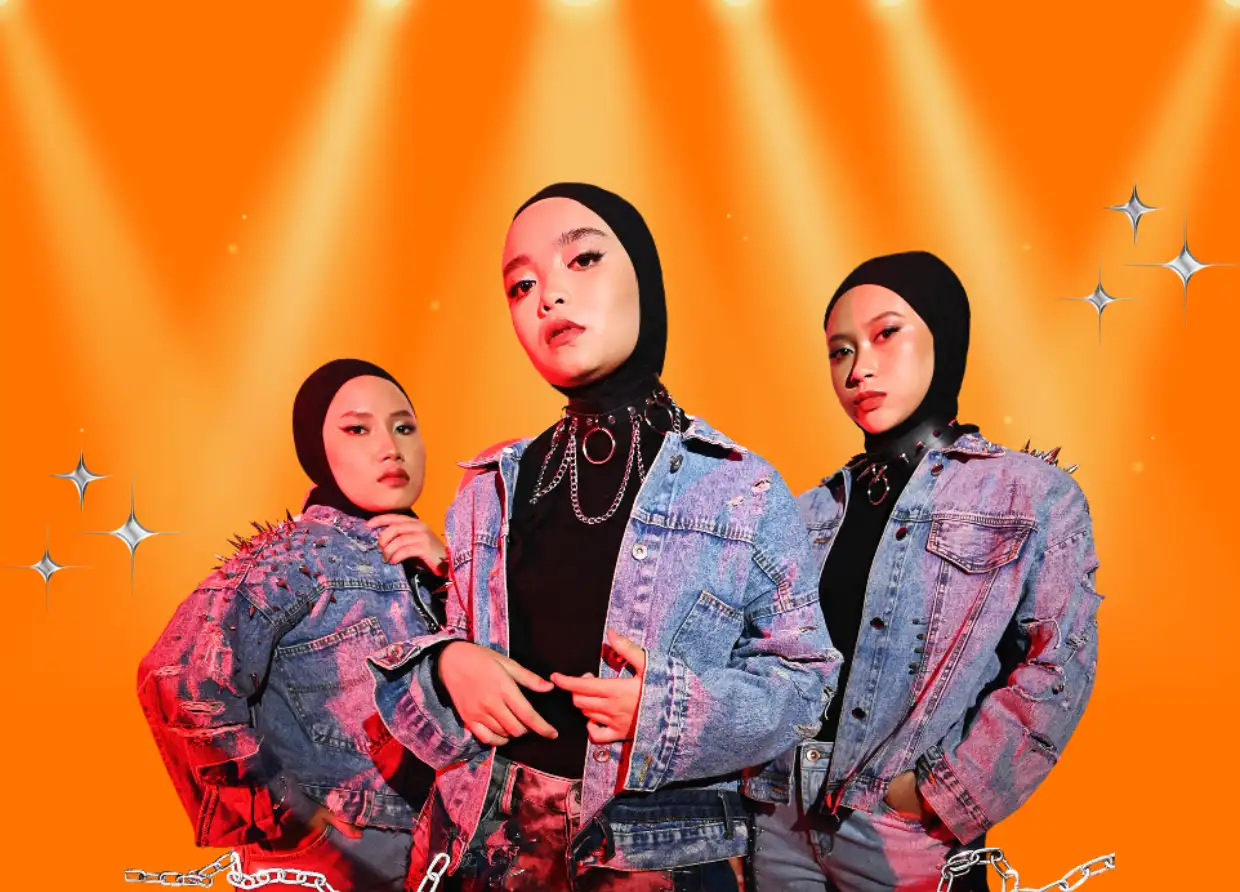PRABOWO-GIBRAN PRESIDENCY BEGINS, HERALDING A NEW ERA IN INDONESIA'S FOREIGN POLICY
Prabowo's Vision for a Stronger Indonesia: Shifting Foreign Policy Toward Assertive Diplomacy and Regional Leadership
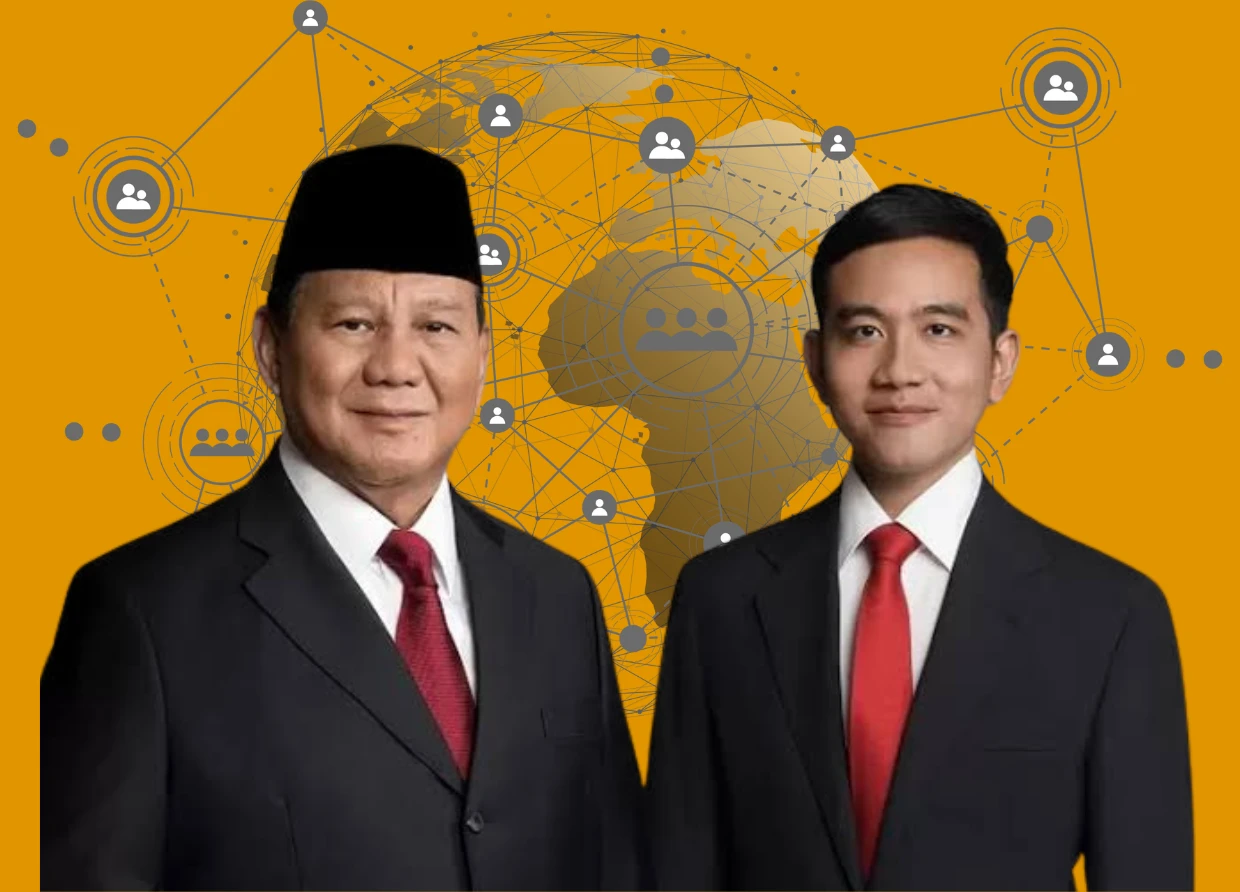
The inauguration of Prabowo Subianto as President, alongside Gibran Rakabuming as Vice President, has sparked controversy, but the pair has already begun implementing their vision for Indonesia’s future. As part of their efforts to shape the administration's path forward, a special edition of #PantauPrabowo has been released, featuring key issues compiled through the TCID Author Network. This edition also evaluates the past decade of President Joko Widodo’s administration, providing insights for Prabowo and Gibran as they begin their tenure.
Prabowo’s presidency marks a shift in Indonesia’s foreign policy, promising a more assertive approach compared to the more passive, domestic-focused strategy under former President Joko “Jokowi” Widodo. While Widodo’s administration prioritized economic development and delegated much of its diplomatic efforts to former Foreign Minister Retno Marsudi, Prabowo is expected to adopt a more active stance in international relations, particularly in strategic areas such as the South China Sea (SCS) dispute, Indonesia’s role among great powers, and its leadership within ASEAN.
Having served as Minister of Defense since 2019, Prabowo has demonstrated a keen interest in global affairs. He has regularly participated in international forums like the Shangri-La Dialogue and forged bilateral ties with world leaders, including Chinese President Xi Jinping. Under his leadership, Indonesia may take a more prominent role in addressing regional security issues and navigating the complex geopolitical dynamics of Asia.
A Pragmatic Foreign Policy Under Jokowi
Jokowi’s foreign policy was characterized by caution, guided by Indonesia’s longstanding “free and active” foreign policy, a principle introduced by founding father Bung Hatta in 1948. This strategy aimed to balance Indonesia’s relationships with major powers, notably China and ASEAN nations, while avoiding open alignment with either side. Jokowi’s focus was on economic diplomacy, striving for pragmatic trade relationships rather than playing an assertive role on the international stage.
Under Jokowi, Indonesia maintained a neutral position on key regional disputes, including the SCS. Despite the region’s rich natural resources and strategic maritime routes, Indonesia refrained from aggressive involvement in territorial disputes, focusing instead on maintaining stable relations with both China and the United States. Indonesia’s stance on the growing tensions between China and Taiwan also remained largely noncommittal, in line with Jokowi’s pragmatic approach to foreign relations.
Prabowo’s Assertive Foreign Policy Vision
With Prabowo at the helm, Indonesia is poised for a shift in its foreign policy direction, one that emphasizes national defense and security. Prabowo has long advocated for strengthening Indonesia’s defense capabilities and prioritizing the country’s interests in the SCS. As Minister of Defense, Prabowo oversaw military infrastructure upgrades in the region, particularly around the Natuna Islands, which are part of Indonesia’s exclusive economic zone.
Prabowo is expected to take a more assertive approach in defending Indonesia’s territorial integrity while navigating the ongoing rivalry between the United States and China. His leadership may lead Indonesia to play a more active role in Southeast Asia’s security dynamics, with a focus on bolstering Indonesia’s influence within ASEAN and in broader geopolitical affairs.
Balancing the Great Powers
Prabowo’s foreign policy will likely seek a delicate balance between the United States and China, two of Indonesia’s most important strategic partners. While Jokowi favored a neutral stance, Prabowo’s past ties to the Suharto regime and his complex history with the United States may push him toward strengthening ties with Beijing. However, Indonesia’s strategic interests in the Indo-Pacific, combined with its economic ties to both powers, will require Prabowo to carefully navigate these relationships.
In particular, Prabowo may align more closely with China’s Belt and Road Initiative (BRI) and pursue greater cooperation in infrastructure and regional development. At the same time, Indonesia will likely continue to engage with the U.S. and other Western powers, striving to avoid over-dependence on Beijing.
A Possible Pivot to BRICS
Recent reports suggest that Prabowo may explore closer ties with the BRICS countries (Brazil, Russia, India, China, and South Africa). As regional neighbors such as Malaysia and Thailand move closer to BRICS, Indonesia may seek membership in the bloc, aiming to strengthen its strategic autonomy and reduce reliance on Western-led institutions.
BRICS has emerged as a key platform for cooperation among developing economies, offering an alternative to the traditional Western-dominated global order. For Indonesia, joining BRICS could enhance its geopolitical standing and provide new opportunities for economic growth while diversifying its foreign relations.
Under Prabowo’s leadership, Indonesia is set to embark on a more assertive foreign policy path, balancing its economic interests with a focus on national defense and regional leadership. The president’s approach to navigating the complexities of the U.S.-China rivalry, along with his potential pivot toward BRICS, will define Indonesia’s role in the 21st century. While his administration’s foreign policy direction remains to be fully seen, Prabowo’s efforts to strengthen Indonesia’s position on the global stage will shape the nation’s future in a rapidly changing world order.
#THE S MEDIA #Media Milenial #Prabowo Subianto #Gibran Rakabuming #Indonesia foreign policy #South China Sea #ASEAN #Jokowi administration #defense policy #Belt and Road Initiative #BRICS #Indonesia-China relations #global diplomacy #geopolitical strategy #Indonesia-US relations #national security #Southeast Asia #international relations #military infrastructure #Natuna Islands #Indonesia defense #economic diplomacy #foreign policy shift #Prabowo presidency #regional leadership
